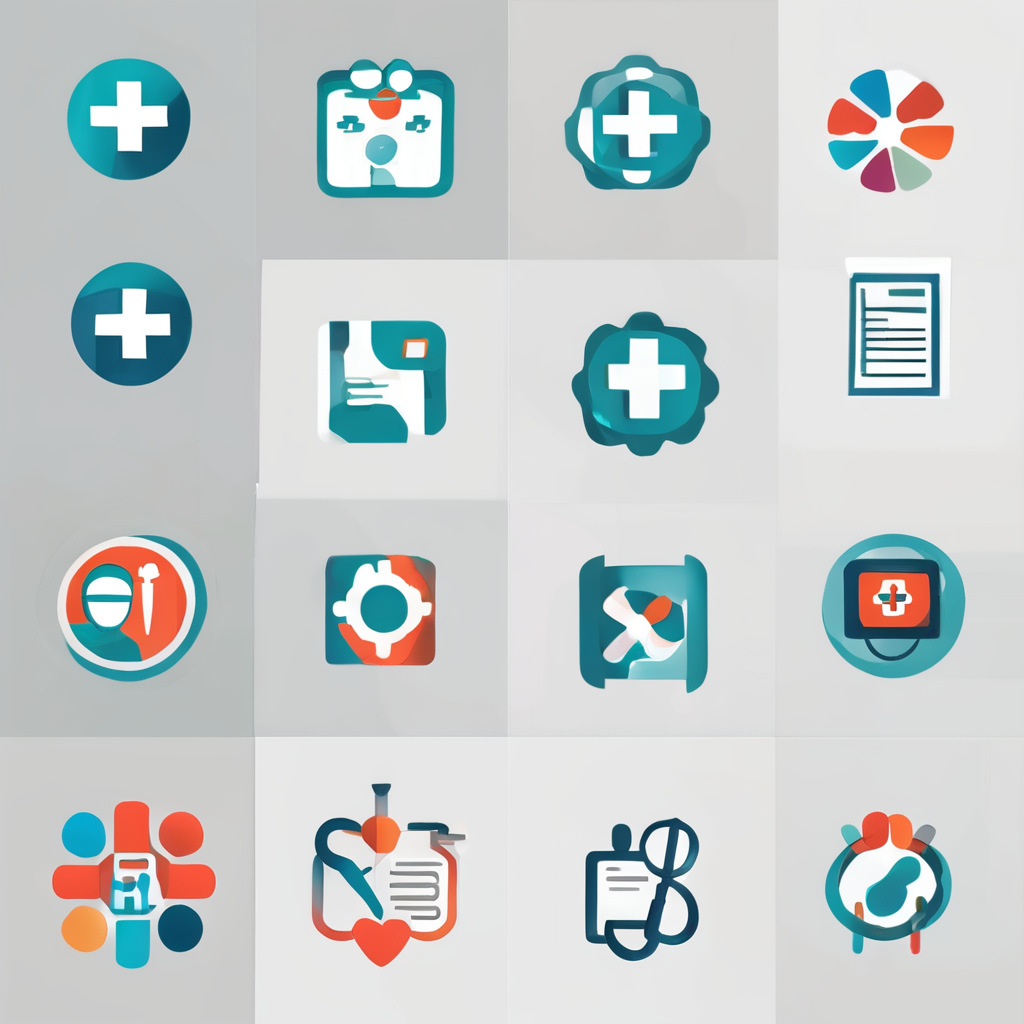When you find out that you’re expecting, your mind fills with hopes and dreams for your growing baby. You want to ensure that everything you do supports their growth and health. One of the most significant factors influencing your baby’s development is your nutrition during pregnancy. A well-balanced diet not only supports your health but also plays a crucial role in the overall development of your child. This article explores how maintaining a healthy diet can positively affect fetal development, focusing on essential nutrients, their sources, and their impacts on your baby’s growth.
The Role of Nutrition in Fetal Development
Nutrition during pregnancy serves as the cornerstone for your baby’s growth and development. Everything you consume becomes the building block for their body. A balanced diet provides essential vitamins and minerals that are vital for various developmental stages.
Also read : What role does hydration play in maintaining a healthy pregnancy?
Pregnancy typically requires an increase in certain nutrients. For instance, folic acid is crucial for neural tube development, which occurs in the first trimester. It helps prevent serious birth defects of the brain and spine. Research indicates that women who consume adequate folate before and during pregnancy can significantly reduce the risk of such defects.
Moreover, iron is another critical nutrient. During pregnancy, your body needs almost double the amount of iron to support the increased blood volume and to provide for the developing fetus. A deficiency in iron can lead to anemia, which is linked to preterm delivery and low birth weight.
This might interest you : How can expectant mothers manage nausea and vomiting during the first trimester?
Your diet should also include adequate sources of protein, which is essential for building tissues and organs in your baby. Eating enough protein-rich foods helps support the growth of your baby’s muscles, organs, and other tissues. Additionally, healthy fats, particularly omega-3 fatty acids found in fish, are known to support brain development.
In summary, the foods consumed during pregnancy directly affect fetal development. Incorporating a variety of healthy foods ensures that you and your baby receive the necessary nutrients to support a thriving pregnancy.
Essential Foods to Include in Your Pregnancy Diet
As you navigate through your pregnancy, focusing on nutrient-dense foods is essential. A balanced diet should ideally consist of a variety of food groups to ensure you receive all the necessary nutrients. Here are some healthy options to incorporate into your daily meals:
-
Fruits and Vegetables: Aim for at least five servings a day. They are packed with vitamins, minerals, and antioxidants, which support overall health. Leafy greens like spinach and kale are rich in folate, while berries provide essential vitamins and fiber.
-
Whole Grains: Foods like oatmeal, brown rice, and whole wheat bread are excellent sources of fiber and help maintain energy levels. They also provide necessary B vitamins and iron, both of which are crucial during pregnancy.
-
Lean Proteins: Ensure that your diet includes sources of lean protein. Chicken, turkey, fish, beans, and nuts can help meet your protein needs. Fish like salmon is particularly beneficial due to its omega-3 fatty acids, which support brain development.
-
Dairy Products: Incorporating low-fat dairy helps provide calcium, which is vital for the development of your baby’s bones and teeth. If you’re lactose intolerant, consider alternatives fortified with calcium and vitamin D.
-
Nuts and Seeds: These are great snacks and offer healthy fats, protein, and additional nutrients. Almonds, walnuts, and chia seeds can be easily added to smoothies, yogurt, or salads.
Incorporating these food groups into your daily meals can help ensure you’re getting a variety of nutrients. Balancing your diet with these diverse foods can optimize your pregnancy health and positively influence your baby’s development.
The Importance of Hydration During Pregnancy
While focusing on what you eat is crucial, hydration is equally important during pregnancy. Drinking enough fluids helps support the increased blood volume required to nourish both you and your developing baby. Staying hydrated is essential for digestion, nutrient absorption, and overall health.
During pregnancy, the daily water intake should increase to approximately 10 cups (about 2.3 liters) per day, depending on your activity level and climate. Consuming adequate water can help prevent common symptoms such as fatigue, headaches, and constipation.
In addition to plain water, consider incorporating other hydrating foods such as fruits and vegetables. Watermelon, cucumbers, oranges, and strawberries are not only hydrating but also packed with vitamins and minerals.
You might also want to monitor your caffeine intake. While moderate caffeine consumption is generally considered safe, excessive amounts can increase the risk of miscarriage and affect fetal development. It’s wise to limit beverages like coffee and tea and to be cautious with caffeinated sodas.
Ultimately, ensuring you are well-hydrated contributes to your overall well-being and supports your baby’s development. Prioritizing hydration alongside a balanced diet allows you to maintain energy levels and promotes healthy growth for your little one.
Managing Weight Gain Through a Balanced Diet
Weight gain is an expected part of pregnancy, but managing it effectively through nutrition is essential for both you and your baby. The recommended weight gain varies based on your pre-pregnancy weight. Maintaining a balanced diet can help regulate this gain and reduce the risk of complications.
Focusing on whole, healthy foods can provide the necessary nutrients without excess calories. Eating smaller, frequent meals can help maintain energy levels and prevent excessive hunger, which often leads to unhealthy snacking. Planning meals around nutrient-rich options will help manage weight and promote optimal health.
Incorporating physical activity into your routine, under the guidance of your healthcare provider, can also play a role in weight management during pregnancy. Activities such as walking, swimming, or prenatal yoga can be beneficial for maintaining a healthy weight and offering physical and mental health benefits.
Moreover, being mindful of portion sizes is crucial. While you may be eating for two, it’s important to remember that it’s about quality, not quantity. Listening to your body’s hunger signals can help you avoid overeating while still providing your baby with the nutrients they need.
In summary, achieving a healthy weight during pregnancy is possible through a balanced diet and mindful eating practices. This approach not only supports your health but also enhances your baby’s development.
In conclusion, the impact of a balanced diet during pregnancy on fetal development is profound. Your nutritional choices will directly influence your baby’s growth and health. Focusing on a variety of healthy foods, staying hydrated, and managing your weight are all essential components of a well-rounded approach to pregnancy nutrition. By prioritizing these elements, you are not only nurturing your baby but also fostering a positive pregnancy experience for yourself. Embrace this journey of motherhood with the knowledge that your nutrition plays a crucial role in bringing a healthy baby into the world.











